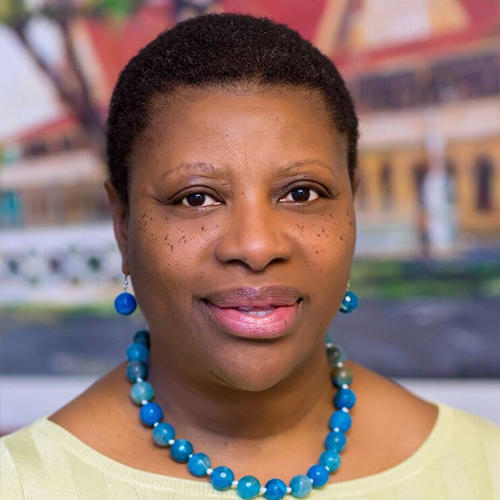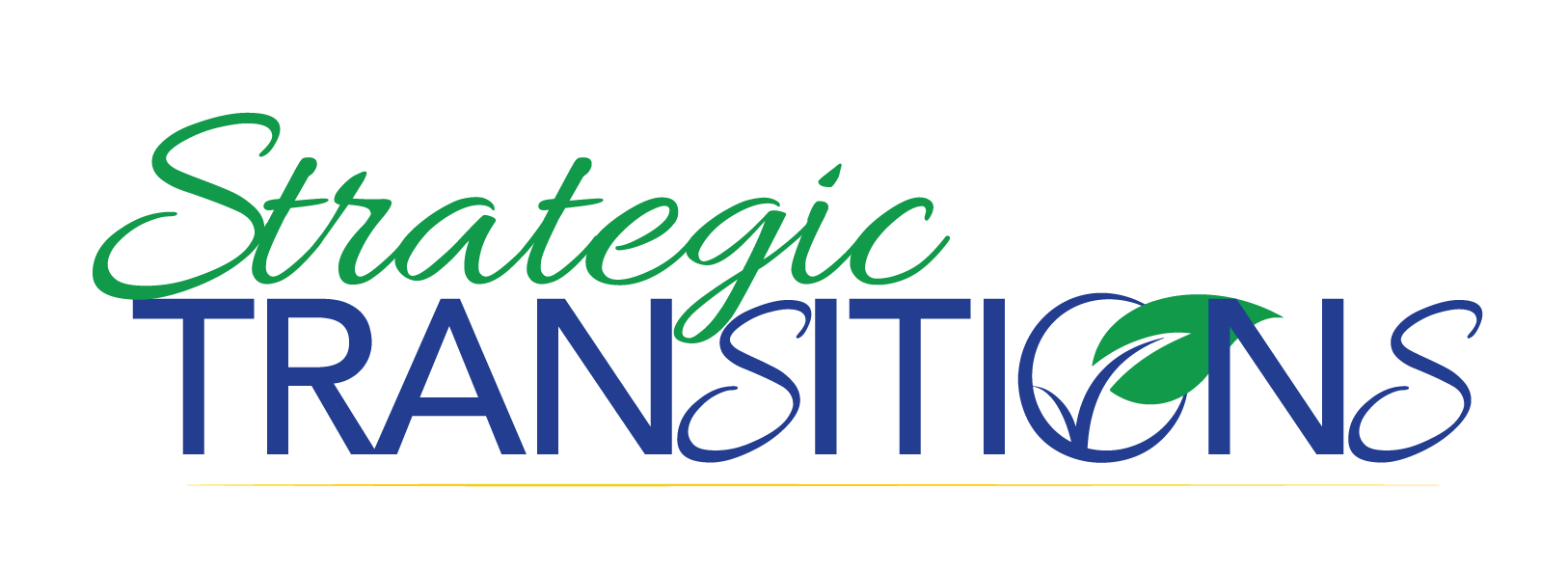
Work can keep us so busy that there’s scarcely time to reflect on the greater purpose of our labor. In an ideal world, the purpose of work can be broadly summed up as what people do to add value to their lives and their community. It sounds simple, but of course, in the absence of an ideal world, the conventional meaning of work is much murkier.
Many jobs fail miserably at meeting the criteria of work’s ideal purpose, and some do the exact opposite. Consider roles where overtime is routinely expected, offering no work-life balance. On the extreme end of the spectrum, these jobs can lead to premature death by heightening the risk of cardiovascular disease. However, more often, they lead to burnout, lack of fulfillment and the steady dulling of creativity, inspiration and motivation. On the societal level, some positions at major corporations that wield power and influence can contribute to exploiting vulnerable populations and the environment.
While many careers serve as exceptions to this, for decades, those wanting to achieve a work-life most closely aligned with the ideal purpose have found themselves at odds with maintaining a middle-class lifestyle or succumbing to social pressures to choose particular careers over others.
Yet, the COVID-19 pandemic, despite all the wreckage that lay in its wake, has ushered in a season of sweeping vocational change.
The confluence of challenges brought on by the pandemic has made it difficult for the global economy to maintain a business-as-usual trajectory, and the reality has put many workers in the driver’s seat where they’re asserting themselves with employers and weighing options for a next act.
About 42 percent of Americans have had a “career lightbulb” during the pandemic, according to a OnePoll survey commissioned by the Universal Technical Institute. In addition, a special report from the McKinsey Global Institute forecasts that over 100 million people worldwide, or 1 in 16, will need a different occupation by 2030. This represents a 12 percent uptick from pre-pandemic estimates.
This marks a period of change that presents a wide range of possibilities for many workers who may have felt their options were limited in the past. Work-from-anywhere means the 9 to 5 treadmill isn’t inevitable, and people have more latitude in determining the how, where, when and what of their occupation. In addition, the flexibility to consider options means people can reflect on how to create a work-life that’s genuinely in line with their interests and values, whether it’s by starting a business, forming an organization or talking to their boss about modifying or even crafting a new position that’s more in line with personal goals.
There’s evidence of a work revolution underway, especially for Gen Z whose preparation for entry into the workforce makes them highly adaptable to the new landscape. A 2021 Pearson Global Learner Survey found that 68 percent of college students place more value in their education since the pandemic’s onset, and 72 percent feel a greater urgency to complete it. Meanwhile, 56 percent of college students are now reconsidering their career paths. Areas of interest have shifted as well. For example, the survey found that 45 percent of college students have been inspired to pursue healthcare or scientific fields, and 53 percent are interested in starting their own business.
The take-home message is that if there was ever a time to take a leap of faith to go do what you love, it’s now. That’s not to say that it will be easy — nothing worthwhile ever is; however, if the pandemic has taught us anything, it’s that life is short, the world is fragile and that there’s no time to lose.
Connect with Yonette
My coaching & mentoring opportunities are tailored for you in your particular circumstance. After an initial discussion, together we decide and confirm which individualized opportunity suites you best.Did you know?
About 42 percent of Americans have had a “career lightbulb” during the pandemic, according to a OnePoll survey commissioned by the Universal Technical Institute. In addition, a special report from the McKinsey Global Institute forecasts that over 100 million people worldwide, or 1 in 16, will need a different occupation by 2030. This represents a 12 percent uptick from pre-pandemic estimates.
The Universal Technical Institute says that the threats resulting from the pandemic have “reinvigorated people toward pursuing a career that is more fulfilling than their current one.” This time of uncertainty is a time of opportunity for professionals at all stages of their careers who are open to fresh career and professional experiences. People are asking themselves fundamental questions about leveraging their current professional status into what gives them the deepest sense of fulfillment and alignment with their core values.

About the Author
Dr. Yonette Thomas is a thought leader, committed mentor, and amplifier of professional paths. She created Strategic Transitions to share her leadership and professional insights with early career, mid-career, and senior-career individuals needing a hand-up, a strategy conversation, or a path amplifier.
